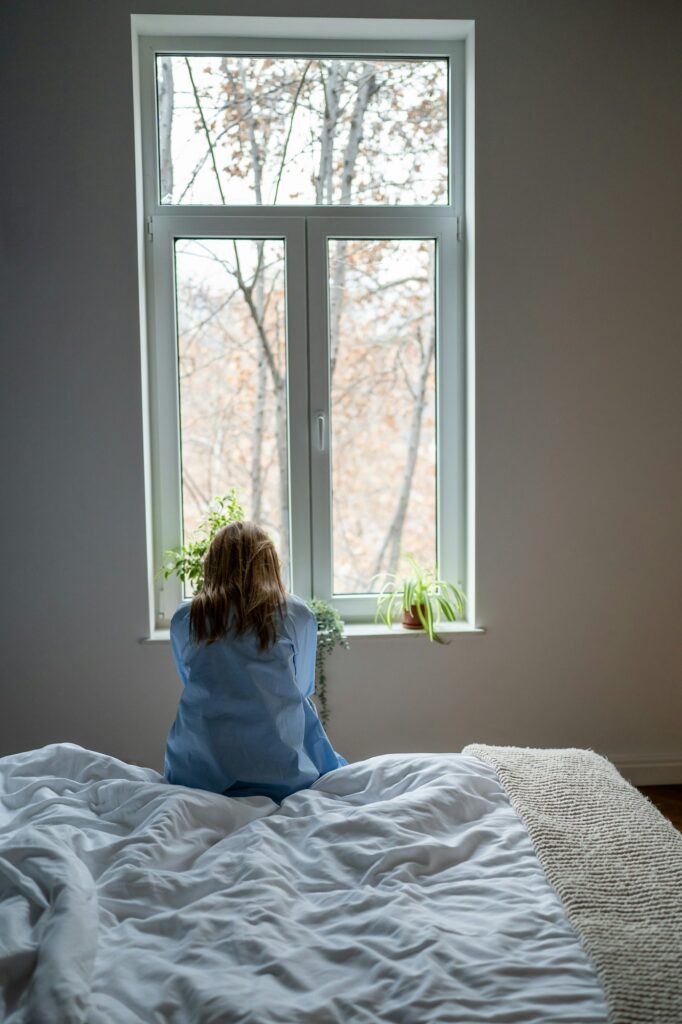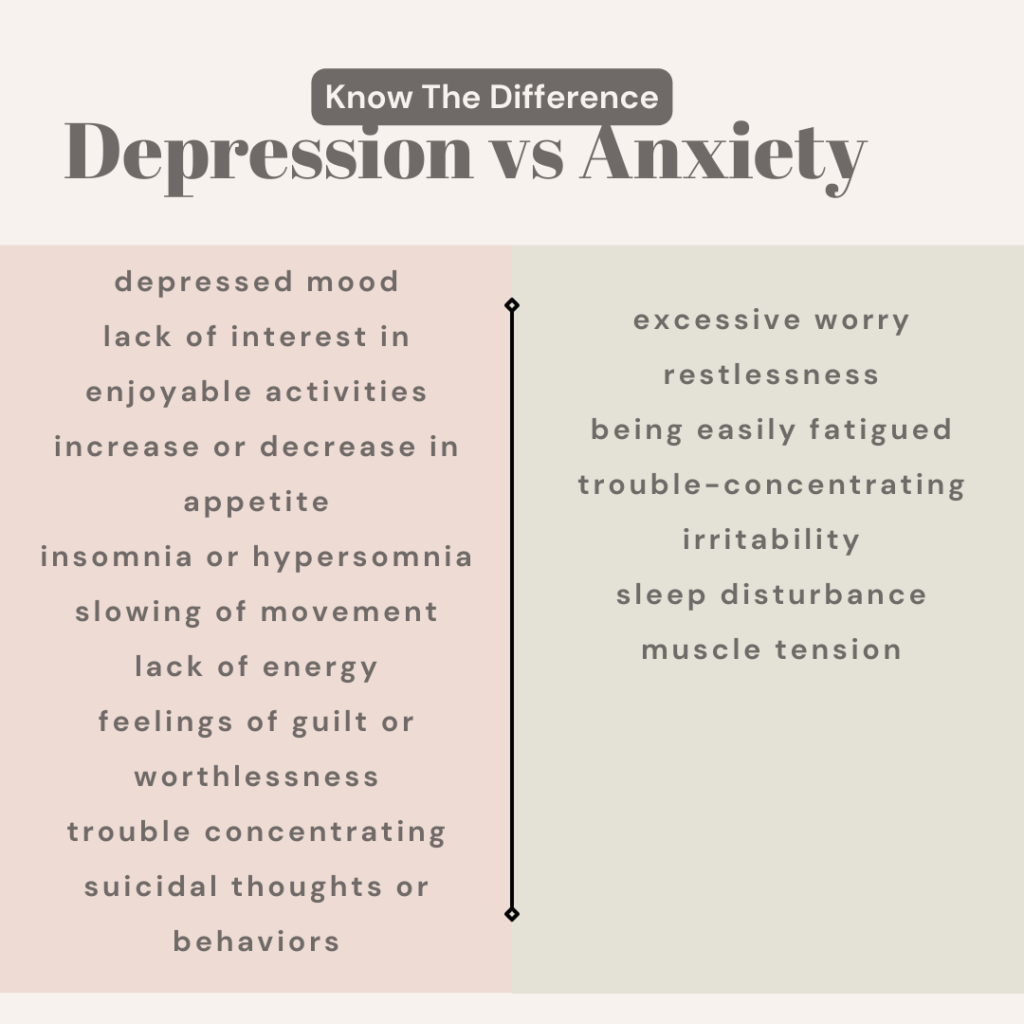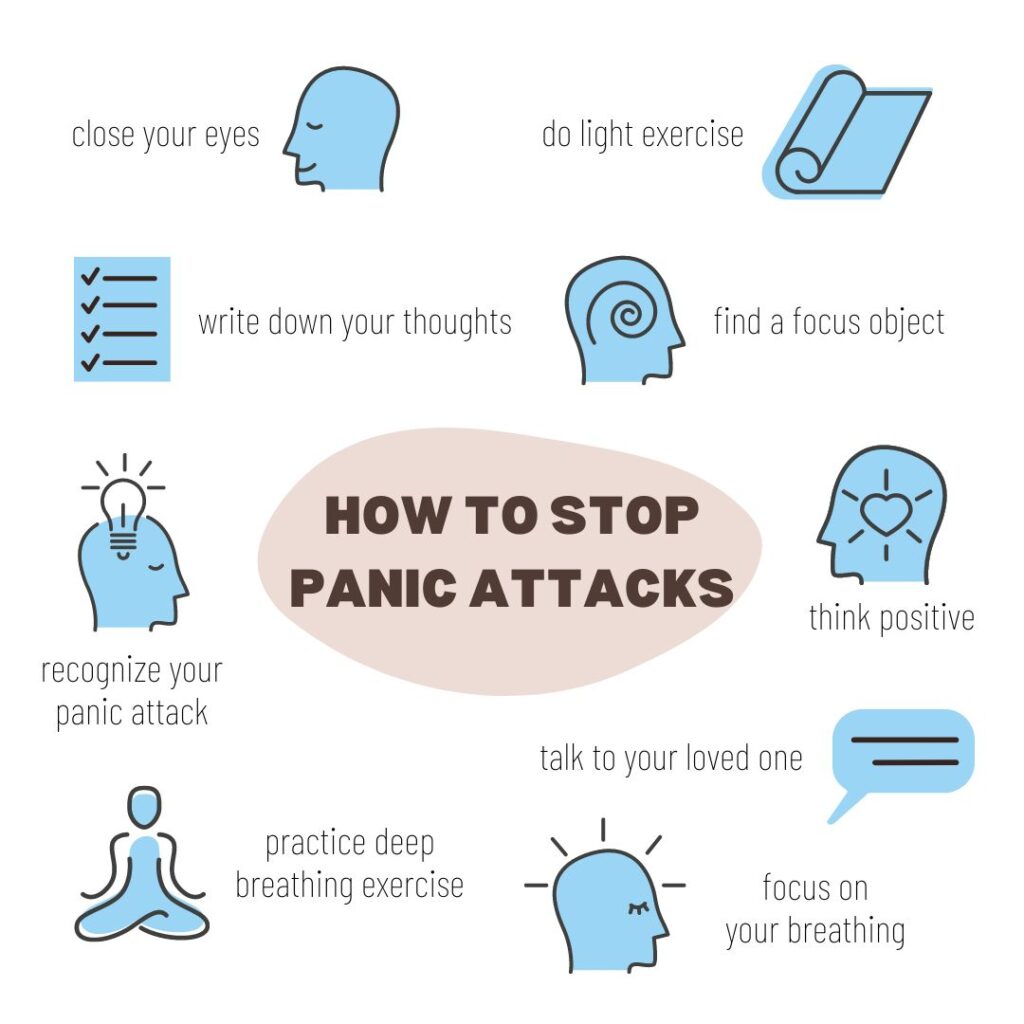Navigating the Complexities of Supporting a Loved One with Anxiety

Understanding Anxiety Disorder
Anxiety. It creeps in uninvited, casting a shadow over the light in our lives. It whispers doubts in our ears and spins our thoughts into a relentless storm. Unlike the heavy cloak of depression, anxiety feels like a whirlwind, constantly pulling us off balance.
For those who haven’t experienced it firsthand, understanding anxiety can be like trying to navigate a foreign land without a map. But for many of us, it’s a daily reality, and for some of us, it touches the lives of the people we love most deeply.
Recognizing the Symptoms of Anxiety Disorder
Anxiety manifests differently in everyone. Some people might fidget or pace, while others might withdraw or become overly critical. It’s important to pay attention to the unique ways your loved one expresses their anxiety. These can be like tiny windows into their emotional state, helping you understand what they’re going through.
Providing Comfort During Anxious Times
Researchers have known for years that women are about twice as likely to be diagnosed with depression as men, with depression being the leading cause of disease burden among women.

When we see someone we love struggling with anxiety, our natural instinct is to offer comfort. But sometimes, words fail us, and gestures feel inadequate. How do we bridge the gap between empathy and understanding, without smothering them with concern?
Remember, sometimes the most powerful form of support is simply being present. Being there, listening without judgment, and letting them know they’re not alone can make a world of difference.
Anxiety Disorder vs Depression Disorder
The nuances between anxiety and depression, though distinct, often blur in the eyes of those unfamiliar with the intricacies of mental health. While depression may immobilize with its suffocating weight, anxiety propels its victims into a whirlwind of relentless worry and fear. It’s akin to standing on the precipice of a bottomless abyss, teetering on the edge of uncertainty with every breath.

The Underlying Causes of Anxiety Disorder
The causes of anxiety disorders aren’t fully understood. Life experiences such as traumatic events appear to trigger anxiety disorders in people who are already prone to anxiety. Inherited traits also can be a factor. For some people, anxiety may be linked to an underlying health issue. In some cases, anxiety signs and symptoms are the first indicators of a medical illness like heart disease, diabetes, and thyroid issues.
The Importance of Professional Help
There’s no shame in admitting that we don’t have all the answers. While our love and support are crucial, there may come times when professional help is necessary. Therapists and counselors are trained to navigate the complexities of anxiety with compassion and expertise. They can provide your loved one with the tools and strategies they need to manage their anxiety and live a fulfilling life.
Understanding Defensive Mechanisms
Sometimes, anxiety can make individuals push their loved ones away. It’s essential to grasp that this isn’t a conscious decision, but a defense mechanism. By recognizing this, it becomes easier to be patient, giving them the space they need while reassuring them of your unwavering support.
The Journey of Love and Connection
The journey of loving someone with anxiety won’t always be smooth sailing. There will be moments of frustration and misunderstanding. But through patience, empathy, and unwavering love, we can weather the storm together. We can emerge stronger, our bond fortified by shared experience and unwavering support.
Remember, you are not alone in this fight. There are countless others who understand your struggle. Keep reaching out, keep connecting, and keep fighting for the light within yourselves and those you love.
How to Stop Anxiety Attacks







